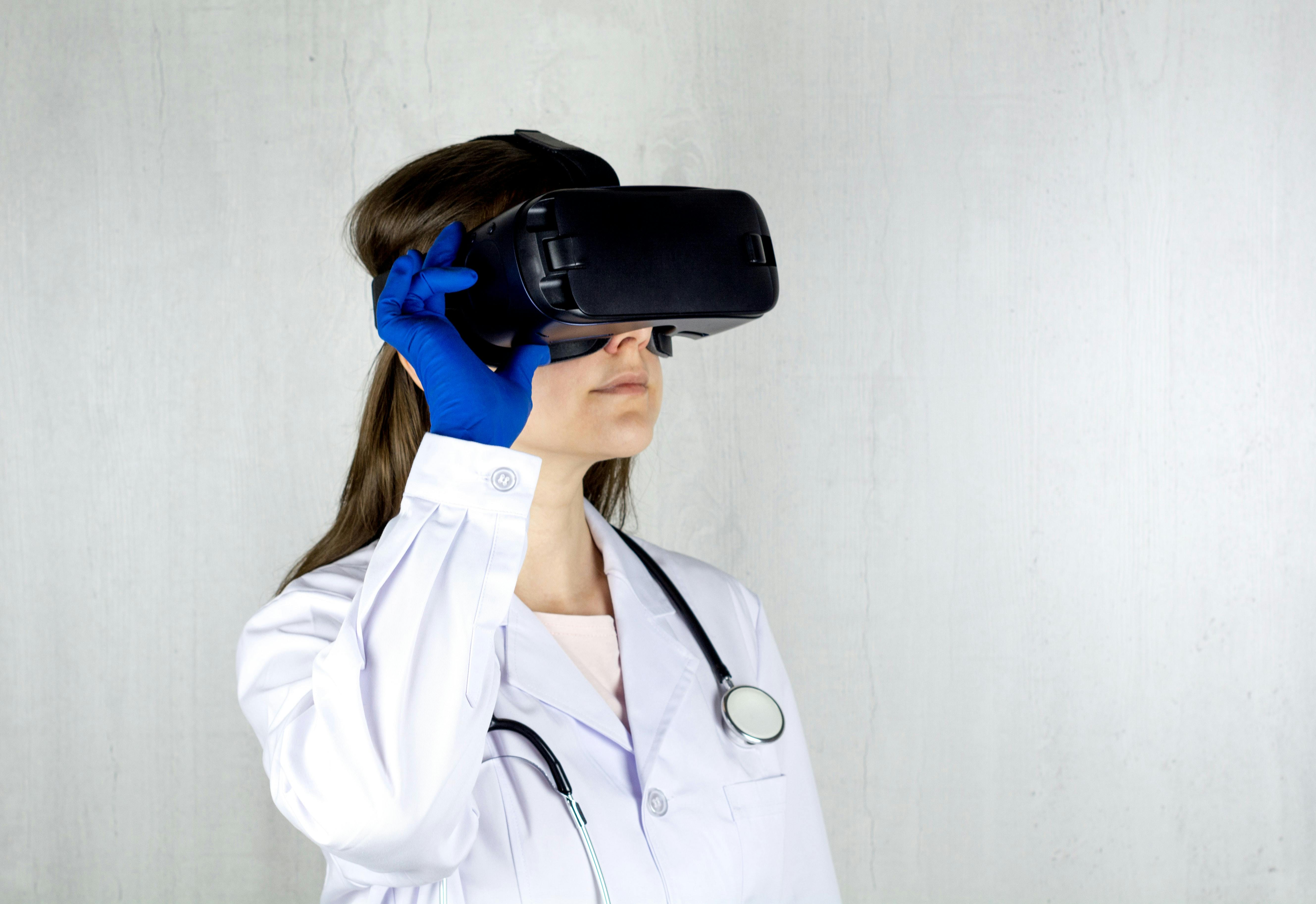Exploring the Future Eight Game-Changing Approaches to Mental Health in 2025
As we approach 2025, the landscape of mental health care is on the brink of a transformative evolution. The increasing recognition of mental health's pivotal role in overall well-being has spurred a wave of innovation and reform. Eight groundbreaking approaches are poised to redefine how we understand, treat, and support mental health issues. From technological advancements to holistic care models, these strategies promise to enhance accessibility, effectiveness, and personalization of mental health services. This exploration delves into each of these pioneering approaches, offering a glimpse into a future where mental health care is more integrated, empathetic, and effective than ever before.
AI-Powered Mental Health Diagnostics

Artificial Intelligence (AI) is revolutionizing mental health diagnostics by offering precise, data-driven insights. AI algorithms analyze vast amounts of data from diverse sources, such as social media, wearable devices, and electronic health records, to identify patterns indicative of mental health issues. These tools can predict the onset of conditions like depression or anxiety, enabling early intervention. By 2025, AI is expected to be integral in personalizing treatment plans, ensuring they are tailored to each individual's unique needs and circumstances. This approach not only enhances diagnostic accuracy but also reduces the stigma associated with seeking mental health care by normalizing tech-driven assessments.
Virtual Reality Therapy

Virtual Reality (VR) therapy is set to become a cornerstone of mental health treatment by 2025, offering immersive experiences that facilitate exposure therapy, relaxation, and mindfulness. VR environments can be customized to help individuals confront and manage phobias, PTSD, and anxiety in a controlled, safe setting. This technology also supports therapeutic role-playing and social skills training, providing a dynamic platform for personal growth and healing. As VR becomes more accessible and affordable, its integration into mental health care will democratize access to innovative therapies, making effective treatment available to a broader audience regardless of geographic or financial barriers.